The MLH Blog
The latest updates, stories, ideas and guides from the MLH team
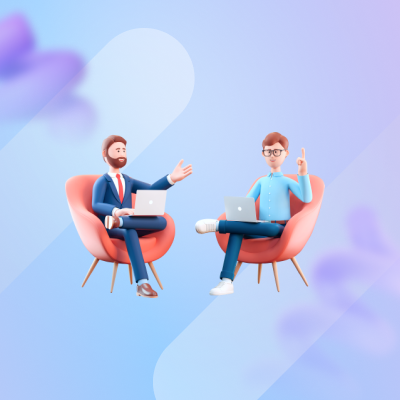 The correlation between changing roles in L&D
Changing times require an adaptive way of enabling people to perform. So it makes sense that traditional roles within the L&D sector are changing too.
The correlation between changing roles in L&D
Changing times require an adaptive way of enabling people to perform. So it makes sense that traditional roles within the L&D sector are changing too.
 P2P learning and the power of mentorship
Peer-to-peer learning can be a really useful L&D tool for facilitating knowledge sharing across an organisation. But only if it’s done correctly.
P2P learning and the power of mentorship
Peer-to-peer learning can be a really useful L&D tool for facilitating knowledge sharing across an organisation. But only if it’s done correctly.
 Does hybrid work make it harder to train?
Three-quarters of employers now offer some form of hybrid working. If hybrid work is here to stay, what does this mean for L&D?
Does hybrid work make it harder to train?
Three-quarters of employers now offer some form of hybrid working. If hybrid work is here to stay, what does this mean for L&D?
 A bottom-up approach to learning content creation and sharing
Giving learners more ownership — via a bottom-up approach to L&D — is one of the most powerful ways of keeping top talent and making them feel valued.
A bottom-up approach to learning content creation and sharing
Giving learners more ownership — via a bottom-up approach to L&D — is one of the most powerful ways of keeping top talent and making them feel valued.
 E-learning during a recession: how to spend money efficiently
How do you recession-proof your Learning & Development approach? Quick tip: You *certainly* don’t stop running L&D altogether.
E-learning during a recession: how to spend money efficiently
How do you recession-proof your Learning & Development approach? Quick tip: You *certainly* don’t stop running L&D altogether.
 Training for trainers: 5 skills all effective coaches need and how to develop them
Get your training for trainers right and elevate your Learning & Development across the board! Here’s our guide to effective training for trainers and the 5 skills that great coaches need.
Training for trainers: 5 skills all effective coaches need and how to develop them
Get your training for trainers right and elevate your Learning & Development across the board! Here’s our guide to effective training for trainers and the 5 skills that great coaches need.
 How to conduct a training needs analysis: definitions, benefits and step-by-step instructions
Conducting a training needs analysis is the first step to developing a successful training programme. But what is a training needs analysis? And how can you conduct one?
How to conduct a training needs analysis: definitions, benefits and step-by-step instructions
Conducting a training needs analysis is the first step to developing a successful training programme. But what is a training needs analysis? And how can you conduct one?
 Partner training 101: why an LMS is a good way to enable your partner network
Partner training is essential for businesses that rely on a network of empowered contractors or customers to succeed. When you need partners to see *only some* of your Learning and Development content — without using your internal platforms — how do you roll this L&D out?
Partner training 101: why an LMS is a good way to enable your partner network
Partner training is essential for businesses that rely on a network of empowered contractors or customers to succeed. When you need partners to see *only some* of your Learning and Development content — without using your internal platforms — how do you roll this L&D out?
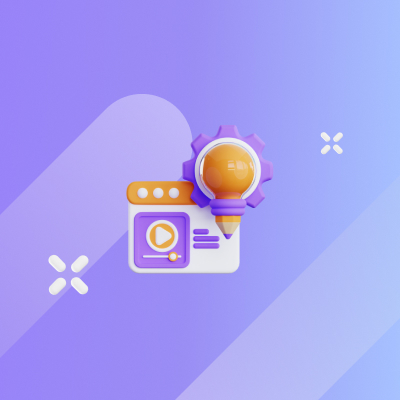 How to perfect your eLearning content distribution strategy
Are you using the best distribution strategy for your L&D content? Here we compare the pros and cons of the most common L&D delivery methods so you can find the right fit.
How to perfect your eLearning content distribution strategy
Are you using the best distribution strategy for your L&D content? Here we compare the pros and cons of the most common L&D delivery methods so you can find the right fit.
 Gamification and personalisation in the workplace: winning the fight for user attention
With our collective attention span decreasing, how can you use gamification and personalisation to help you win the fight for user attention in the workplace?
Gamification and personalisation in the workplace: winning the fight for user attention
With our collective attention span decreasing, how can you use gamification and personalisation to help you win the fight for user attention in the workplace?
 Learning from big tech: how we can adopt the best B2C practices in B2B eLearning
When 85% of employees claim to feel disengaged at work, eLearning solutions do not only compete with each other but also with social media and consumer tech. What B2C practices can a modern-day LMS adopt to stand this fight for user (and employee) attention?
Learning from big tech: how we can adopt the best B2C practices in B2B eLearning
When 85% of employees claim to feel disengaged at work, eLearning solutions do not only compete with each other but also with social media and consumer tech. What B2C practices can a modern-day LMS adopt to stand this fight for user (and employee) attention?

Sign up for Constant Change
Subscribe and receive new issues twice a month
 The digital transformation of L&D – before, now and in the future
A digital transformation of learning is taking place. In response, more and more digital learning solutions are emerging. But what effect are they having on L&D initiatives now? And what will digital learning look like in the future?
The digital transformation of L&D – before, now and in the future
A digital transformation of learning is taking place. In response, more and more digital learning solutions are emerging. But what effect are they having on L&D initiatives now? And what will digital learning look like in the future?
 What is learning and development: overview, importance and training rollout
Did you know that close to two-thirds of all employees have had no Learning and Development training? With L&D increasing employee retention and productivity, it’s time to put the business case together. Where to start?
What is learning and development: overview, importance and training rollout
Did you know that close to two-thirds of all employees have had no Learning and Development training? With L&D increasing employee retention and productivity, it’s time to put the business case together. Where to start?
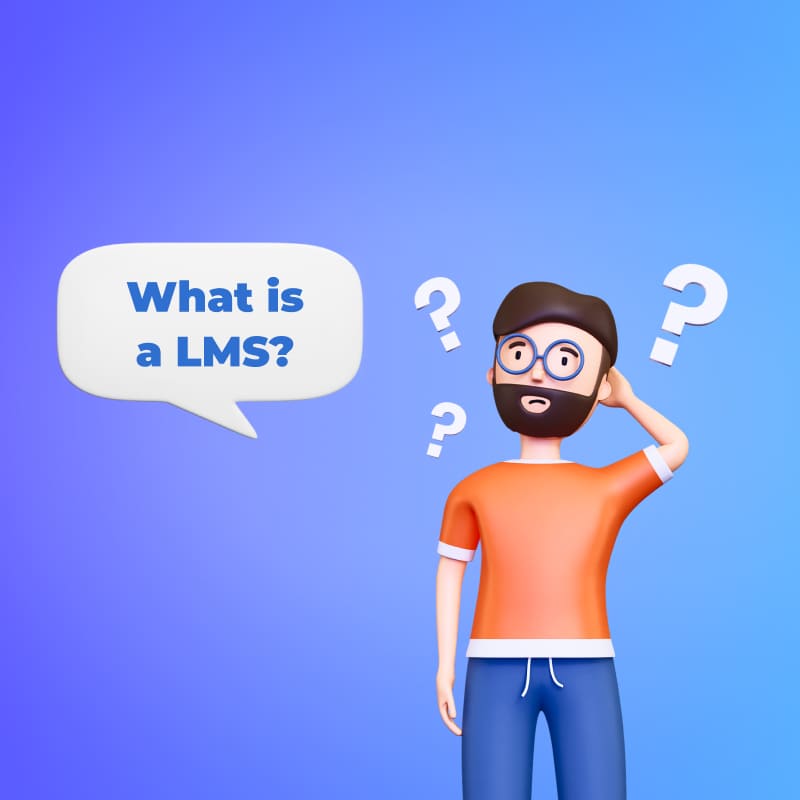 What is a learning management system?
A learning management system gives an organisation the technology tools to put its learning strategy into practice.
What is a learning management system?
A learning management system gives an organisation the technology tools to put its learning strategy into practice.
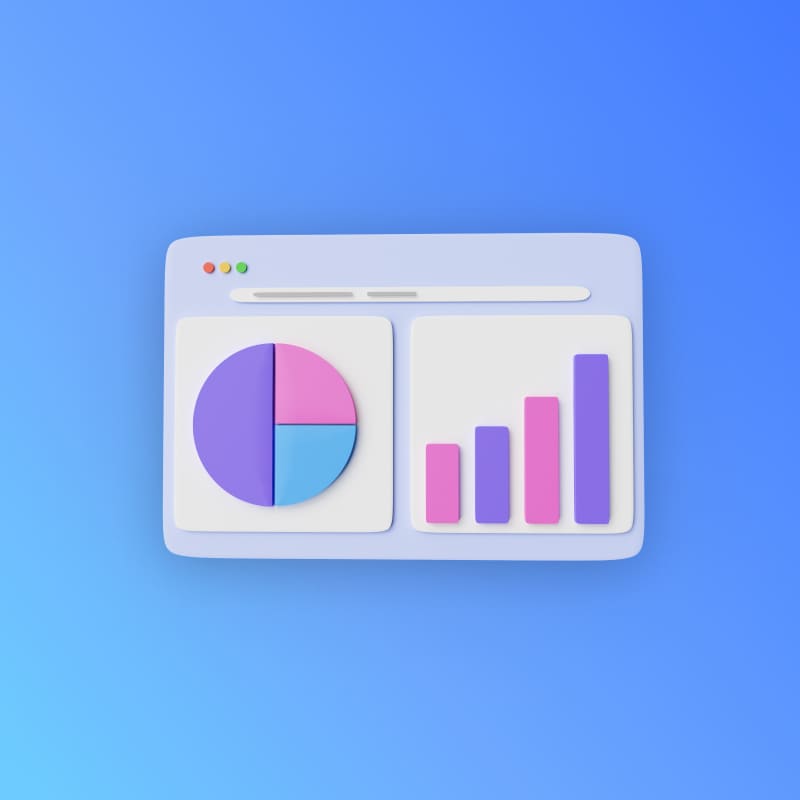 Predictive analytics in e-learning
E-learning and online resources create masses of data, much of which is ignored by many organisations.
Predictive analytics in e-learning
E-learning and online resources create masses of data, much of which is ignored by many organisations.
 7 Questions to Ask Before Choosing an LMS
Introducing a Learning Management System is as much an investment of your time as of your money, with the future development of your organisation’s skills base and culture depending on it.
7 Questions to Ask Before Choosing an LMS
Introducing a Learning Management System is as much an investment of your time as of your money, with the future development of your organisation’s skills base and culture depending on it.
 Tips on How to Choose The Best LMS
Looking for tips on how to choose the best LMS? Look no further. Read this blog before purchasing an LMS.
Tips on How to Choose The Best LMS
Looking for tips on how to choose the best LMS? Look no further. Read this blog before purchasing an LMS.
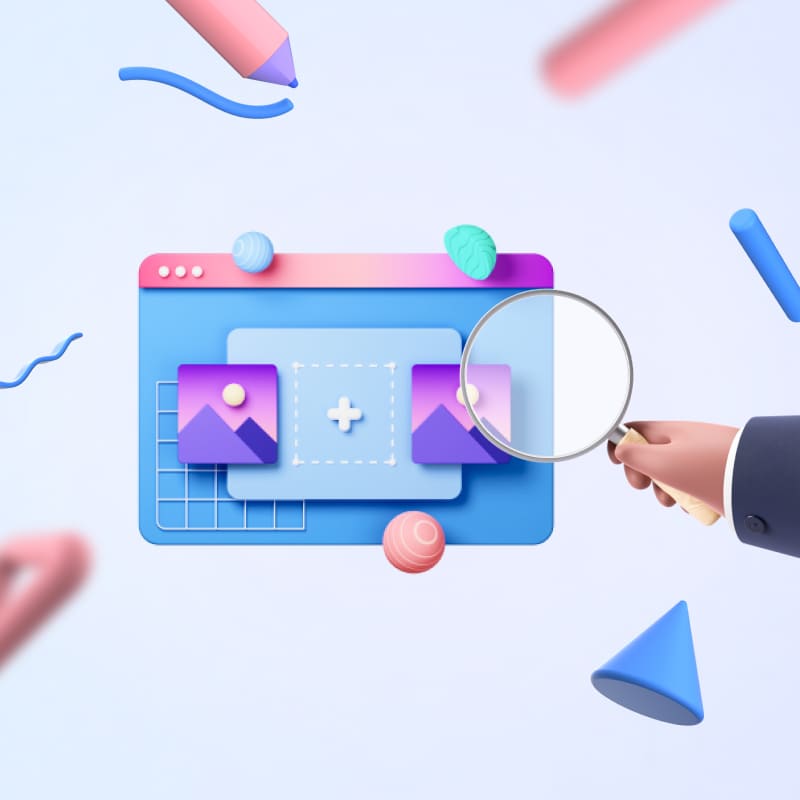 A brief history of LMS
Organisations have managed learning in one way or another for centuries, but it is the development and proliferation of computing and communications devices that have brought learning management systems to where they are today.
A brief history of LMS
Organisations have managed learning in one way or another for centuries, but it is the development and proliferation of computing and communications devices that have brought learning management systems to where they are today.



